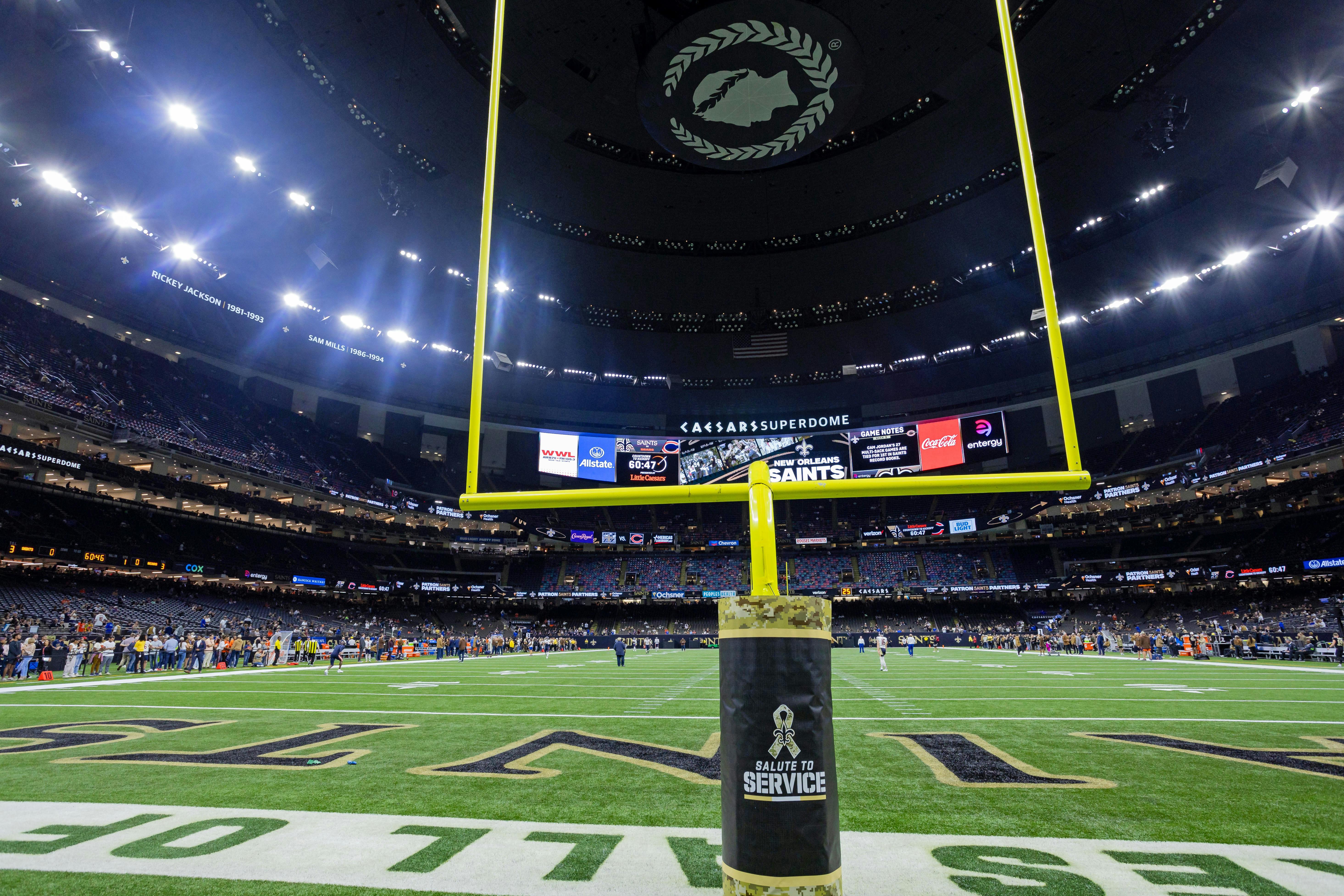Making it “official” can be costly.
In the world of legal sports betting, and especially since the U.S. Supreme Court paved the way for its expansion in 2018, some big bookmakers have collected several “official” partnerships with leagues and teams in Canada and the United States.
In 2021, for example, the National Football League announced its first-ever U.S. sportsbook partnerships with Caesars, DraftKings, and FanDuel, which made the three operators "Official Sports Betting Partners" of the NFL.
Other leagues have formed similar partnerships with sports betting operators, which offer legitimacy and allow bookmakers to advertise themselves. While those tie-ups have perks — such as getting to use official trademarks and content — they also cost a lot of money.
All those "official" sports betting and casino partnership deals can add up.
— Geoff Zochodne (@GeoffZochodne) May 1, 2024
Caesars reported yesterday that its "Sports Sponsorship/Partnership Obligations" amounted to $566M as of March 31, down from $605M as of the end of 2023. Contacts extend through 2040, the company says. pic.twitter.com/36k5N0Ghcj
Nevada-based Caesars Entertainment Inc. reiterated this past week that it has “agreements with certain professional sports leagues and teams, sporting event facilities and media companies for tickets, suites, advertising, marketing, promotional and sponsorship opportunities including communication with partner customer databases.”
The owner of Caesars Sportsbook also noted that some of these deals “provide Caesars with exclusivity to access the aforementioned rights within the casino and/or sports betting category.”
As for their cost, Caesars said the obligations tied to the deals were $566 million as of March 31, down from $605 million at the end of 2023. A year earlier, those obligations amounted to $847 million as of March 31, 2023, and $898 million as of the end of 2022.
Caesars added that some of its contracts extend through 2040. The casino operator notably announced in 2021 that it secured a 20-year, "exclusive naming-rights partnership" with the NFL's New Orleans Saints to rebrand the team's home stadium as the Caesars Superdome, which will host next year's Super Bowl.
While they are not itemized, this type of costs appears substantial. Among other things, Caesars reported this week a net loss attributable to the company of $158 million for the three months ended March 31. Caesars Digital, meanwhile, managed adjusted earnings before interest, taxes, depreciation, and amortization (EBITDA) of $5 million for the quarter, an improvement over the $4 million loss a year earlier.
Partnerships for all
And Caesars is not alone in striking these sorts of partnership deals. FanDuel-parent Flutter Entertainment PLC reported "other purchase obligations" that were connected to sponsorship, marketing, and media agreements of more than $2 billion as of the end of 2023, with $763 million payable within 12 months.
Flutter's financial results showed $428 million in those "other" obligations is due in 2025, and then $223 million in 2026, $118 million in 2027, $47 million in 2028, and then $441 million thereafter.
DraftKings reported "other purchase obligations" of more than $1.4 billion as of the end of 2023, of which $467.6 million was due over the coming year. As of the end of 2022, DraftKings' "other" obligations amounted to more than $1.7 billion.
The company did not specify if those costs pertained to marketing agreements.
"We have certain non-cancelable contracts with vendors, licensors and others requiring us to make future cash payments," the Boston-based bookmaker noted.
Keep on rolling
Nevertheless, the numbers suggest that the cost of official team and league partnerships is substantial for sportsbook operators and act as both a headwind and tailwind for those companies as they strive for consistent profitability. Although they increase visibility and could attract new customers, the companies are paying a considerable price for those benefits.
Some of the recent reporting also shows that the partnerships and their related costs are starting to end and come down. As they do, it could provide a lift to the financial results of operators, making their shareholders happy, and especially so if customers acquired via the deals stick around. What's more, cash could be freed up that could be spent elsewhere, such as on the quality of a company’s online sportsbook or casino.
“The partnership roll-off is significant and material,” Caesars CEO Tom Reeg said during the company’s call for analysts and investors earlier this week.
Reeg added that the deals are “chunky” and that the bulk will roll off in and around 2025. The timing is key for Caesars, as the company is aiming for $500 million in annual EBITDA from its online business by that same year.
Citizens JMP Securities analyst Jordan Bender said Caesars “provided another clue” as to how it will get from the roughly $350 million or so in EBITDA currently expected to the $500 million it wants. The secret ingredient, it turns out, is the end of some of those costly partnerships.
“Operationally, the company stated it may fall short of the target, but the roll off of marketing arrangements will bridge the gap,” Bender wrote. “As a result, growth in 2026 could slow, but investors should give credit to the valuation in the meantime if the EBITDA target is achieved, in our view.”




















